Blogs & News
We are focus on automotive wiring harness & connectors technology.
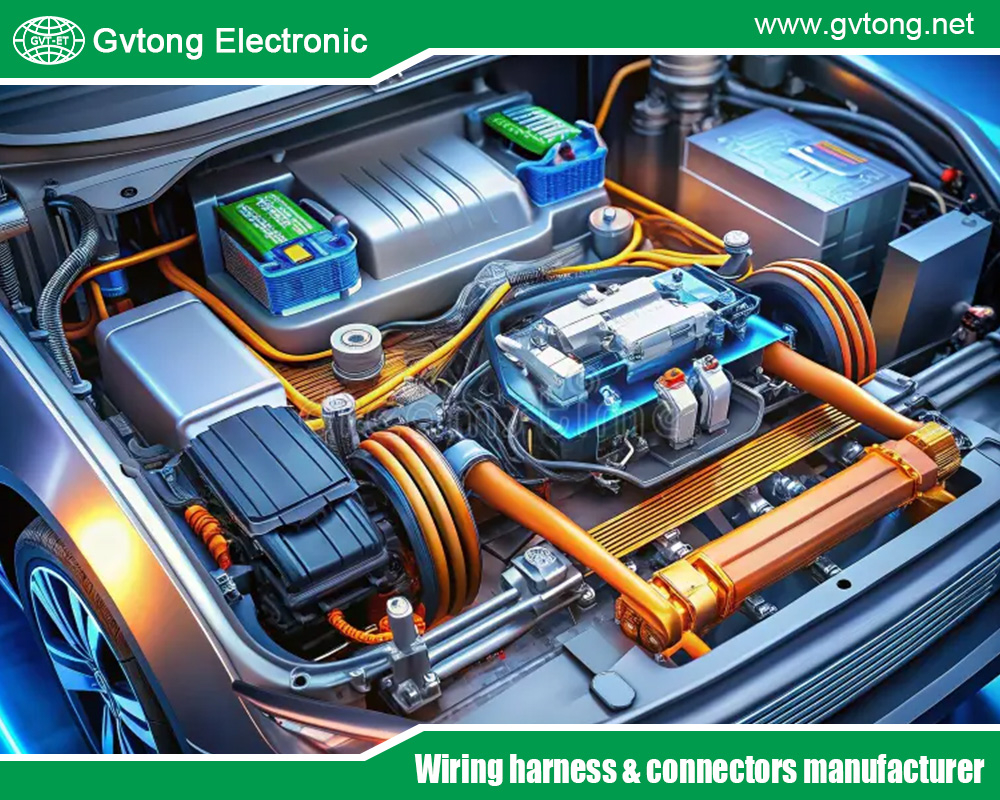
How to Choose the Best Photovoltaic Connector for Solar Panels
- Gvtong Electronic
- Anti-vibration automotive connectors, automotive antenna connector, automotive coaxial connector, automotive data connector, automotive diagnostic connector, automotive high - frequency, automotive hybrid connector, automotive optical fiber connector, automotive power distribution, Automotive shielded connectors, automotive vibration - resistant, best photovoltaic connector, best photovoltaic connector for solar panels, best photovoltaic connectors, best photovoltaic connectors for solar panels, best photovoltaic connectors for solar panels factory, best photovoltaic connectors for solar panels supplier, Best Photovoltaic Connectors For Solar PanelsChina Photovoltaic Connectors Manufacturers, Blind-mate automotive connectors, china photovoltaic connectors manufacturers, China’s photovoltaic connectors manufacturers, High-speed data connectors, High-temperature resistant connectors, Low-contact resistance connectors, Modular automotive connectors, Oil-resistant automotive connectors, photovoltaic connector, photovoltaic connector for solar panels, Photovoltaic Connectors, photovoltaic connectors factory, photovoltaic connectors manufacturer, photovoltaic connectors supplier
- No Comments
How to Choose the Best Photovoltaic Connector for Solar Panels
As the demand for renewable energy surges, solar power systems have become a cornerstone of sustainable energy solutions. At the heart of any solar photovoltaic (PV) system are the components that ensure efficient energy transfer, and one critical yet often overlooked element is the photovoltaic connector. These small but vital components connect solar panels to inverters and other system parts, ensuring reliable power flow. Choosing the right PV connector is essential for system efficiency, safety, and longevity. This article explores the key factors to consider when selecting the best photovoltaic connector for solar panels, providing a comprehensive guide for homeowners, installers, and solar enthusiasts.
Understanding Photovoltaic Connectors
Photovoltaic connectors are specialized electrical connectors designed to link solar panels, inverters, and other components in a PV system. They facilitate the transfer of direct current (DC) generated by solar panels while ensuring safety, durability, and minimal energy loss. Unlike standard electrical connectors, PV connectors are engineered to withstand harsh environmental conditions, including UV exposure, extreme temperatures, and moisture.
The most widely recognized PV connector standard is the MC4 (Multi-Contact 4mm), but other types, such as MC3, T4, and proprietary connectors, also exist. Selecting the right connector involves balancing compatibility, performance, and cost while adhering to industry standards and local regulations.
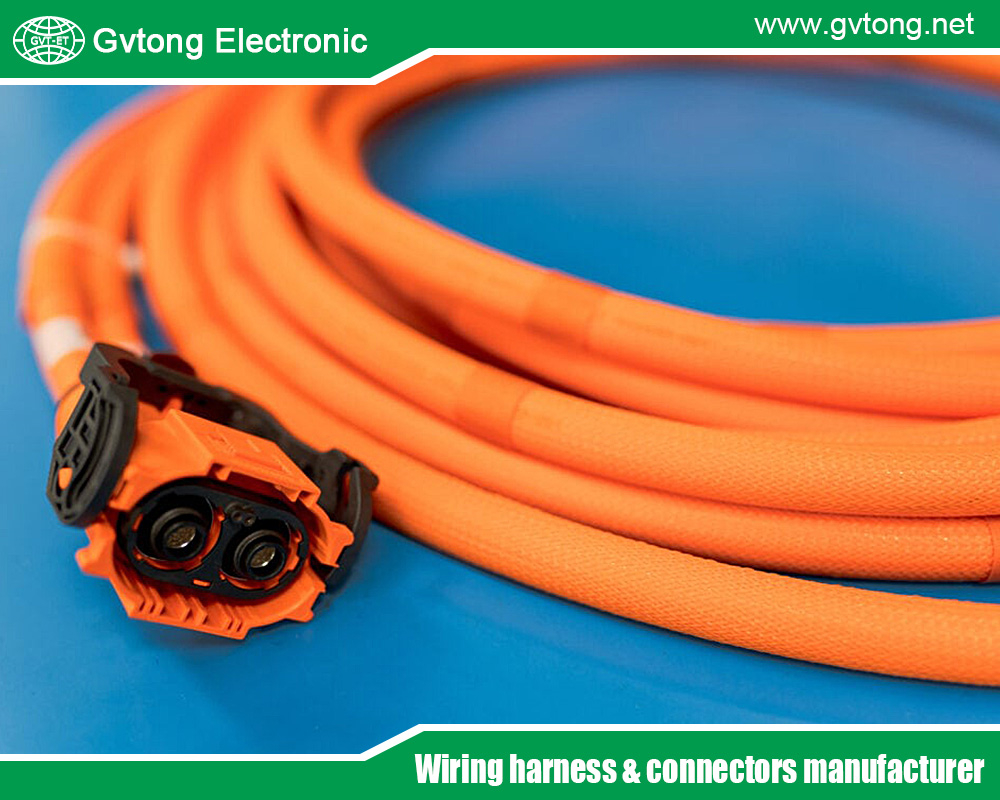
Why PV Connectors Matter
Photovoltaic connectors play a critical role in the performance and safety of a solar system:
Efficiency: High-quality connectors minimize electrical resistance, reducing energy losses.
Safety: Properly rated connectors prevent electrical faults, overheating, and fire hazards.
Durability: Connectors designed for outdoor use resist degradation from weather exposure.
Compatibility: Standardized connectors ensure seamless integration with other system components.
Given their importance, choosing the wrong connector can lead to system inefficiencies, increased maintenance costs, or even safety risks. Let’s dive into the key factors to consider when selecting the best PV connector.
Key Factors to Consider When Choosing PV Connectors
- Compatibility with Your Solar System
Compatibility is the first and most critical factor when selecting a PV connector. The connector must match the specifications of your solar panels, inverter, and other system components.
Connector Type: The MC4 connector, developed by Multi-Contact (now Stäubli), is the industry standard due to its reliability and widespread use. Most modern solar panels and inverters are designed to work with MC4 connectors. However, older systems may use MC3 connectors, while some manufacturers offer proprietary connectors. Verify the connector type used by your panels and ensure compatibility with other components.
Cable Size: PV connectors are designed to work with specific cable sizes, typically ranging from 2.5 mm² to 6 mm². Check the cable diameter of your system to ensure the connector can accommodate it securely.
System Voltage and Current: PV connectors are rated for specific voltage and current levels (e.g., 1000V or 1500V DC, 20-50A). Ensure the connector’s ratings match or exceed your system’s requirements to prevent overheating or failure.
Tip: Always consult the manufacturer’s specifications for your solar panels and inverter to confirm connector compatibility. Mixing incompatible connectors (e.g., MC4 with MC3) can lead to poor connections and system failures.
- Environmental Durability
Solar panels are typically installed outdoors, exposing connectors to harsh environmental conditions. The best PV connectors are designed to withstand these challenges:
IP Rating: Look for connectors with a high Ingress Protection (IP) rating, such as IP67 or IP68. These ratings indicate resistance to dust and water ingress, ensuring reliable performance in wet or dusty environments.
UV Resistance: Prolonged exposure to sunlight can degrade plastic components. Choose connectors made from UV-resistant materials to prevent cracking or brittleness over time.
Temperature Range: PV connectors should operate effectively in extreme temperatures, typically from -40°C to +85°C. Verify that the connector can handle the climate conditions of your installation site.
Corrosion Resistance: In coastal or humid areas, connectors with corrosion-resistant contacts (e.g., tinned copper) are essential to prevent degradation.
Example: MC4 connectors are known for their robust design, offering IP67 protection and UV-resistant housing, making them suitable for most outdoor installations.
- Electrical Performance
The efficiency of a solar system depends on minimizing energy losses, and PV connectors play a significant role in this.
Contact Resistance: Low contact resistance (typically less than 0.5 mΩ) ensures minimal energy loss at the connection point. High-quality connectors use precision-engineered contacts to maintain a secure and efficient connection.
Material Quality: Connectors with high-quality conductive materials, such as copper with tin or silver plating, provide better conductivity and durability compared to lower-grade materials.
Current and Voltage Ratings: Ensure the connector can handle the maximum current and voltage of your system. For example, a connector rated for 30A and 1000V DC is suitable for most residential solar systems, but larger commercial systems may require higher ratings.
Pro Tip: Check for connectors certified by standards like UL (Underwriters Laboratories) or TÜV Rheinland, which verify electrical performance and safety.
- Ease of Installation
The installation process can significantly impact the overall cost and reliability of a solar system. Choose connectors that are user-friendly and reduce installation time:
Tool Requirements: Some connectors, like MC4, require specific crimping and assembly tools, while others may be tool-free. Consider the availability of tools and the skill level of your installation team.
Locking Mechanism: Connectors with secure locking mechanisms (e.g., snap-in or bayonet locks) prevent accidental disconnection while ensuring a tight seal.
Field-Assemblable vs. Pre-Assembled: Field-assemblable connectors allow for custom cable lengths but require careful assembly to avoid errors. Pre-assembled connectors are more convenient but less flexible.
Note: Improper installation can lead to loose connections, increasing resistance and the risk of failure. Always follow manufacturer guidelines and consider professional installation for complex systems.
- Compliance with Standards and Regulations
PV connectors must comply with international and local standards to ensure safety and compatibility:
IEC Standards: The International Electrotechnical Commission (IEC) sets standards for PV connectors, such as IEC 62852, which specifies requirements for connectors in PV systems.
UL Certification: In the United States, UL 6703 certification ensures connectors meet safety and performance standards.
Local Codes: Check local electrical codes and regulations, as some regions may have specific requirements for PV connectors.
Using non-compliant connectors can void warranties, fail inspections, or pose safety risks. Always verify that the connector meets the relevant standards for your region.
- Cost vs. Quality
While it’s tempting to opt for the cheapest connectors, prioritizing quality is crucial for long-term performance. Low-cost connectors may save money upfront but can lead to issues like poor conductivity, premature wear, or system failures.
Brand Reputation: Choose connectors from reputable manufacturers like Stäubli, Amphenol, or TE Connectivity, known for their high-quality PV connectors.
Warranty and Lifespan: High-quality connectors often come with warranties and are designed to last 20-30 years, matching the lifespan of solar panels.
Counterfeit Risks: Beware of counterfeit connectors, especially for popular types like MC4. Purchase from authorized distributors to ensure authenticity.
Tip: Investing in high-quality connectors can reduce maintenance costs and improve system reliability over time.
- Future-Proofing Your System
As solar technology evolves, future-proofing your system can save costs and effort in the long run:
Scalability: Choose connectors that allow for easy system expansion, such as MC4, which is widely compatible with new panels and components.
Emerging Standards: Stay informed about new connector standards, such as higher-voltage connectors for advanced PV systems (e.g., 1500V DC systems).
Modularity: Modular connectors allow for easy upgrades or replacements without rewiring the entire system.
Popular PV Connector Types
Here’s a brief overview of common PV connector types to help you choose:
MC4 Connectors: The industry standard, offering excellent durability, IP67 rating, and compatibility with most modern PV systems. Ideal for residential and commercial installations.
MC3 Connectors: An older standard, still used in some legacy systems but less common today. Not compatible with MC4 without adapters.
T4 Connectors: Similar to MC4 but designed for specific applications, offering enhanced features like higher current ratings.
Proprietary Connectors: Some manufacturers (e.g., SolarEdge) use custom connectors for their systems. Ensure compatibility before purchasing.
Practical Tips for Choosing and Installing PV Connectors
Consult a Professional: If you’re unsure about connector compatibility or installation, consult a certified solar installer to avoid costly mistakes.
Check Manufacturer Recommendations: Solar panel and inverter manufacturers often specify recommended connectors. Follow these guidelines to maintain warranties.
Test Connections: After installation, use a multimeter to check for proper voltage and continuity to ensure secure connections.
Plan for Maintenance: Choose connectors that are easy to inspect and replace if needed, as maintenance may be required over the system’s lifespan.
Buy in Bulk: For large installations, purchasing connectors in bulk from reputable suppliers can reduce costs without compromising quality.
Common Mistakes to Avoid
Mixing Connector Types: Combining different connector types (e.g., MC4 with MC3) without proper adapters can lead to unsafe connections.
Ignoring IP Ratings: Using connectors with inadequate IP ratings in harsh environments can result in water ingress and system failure.
Overlooking Certification: Non-certified connectors may not meet safety standards, risking system damage or regulatory violations.
Poor Installation Practices: Incorrect crimping or loose connections can increase resistance and reduce system efficiency.
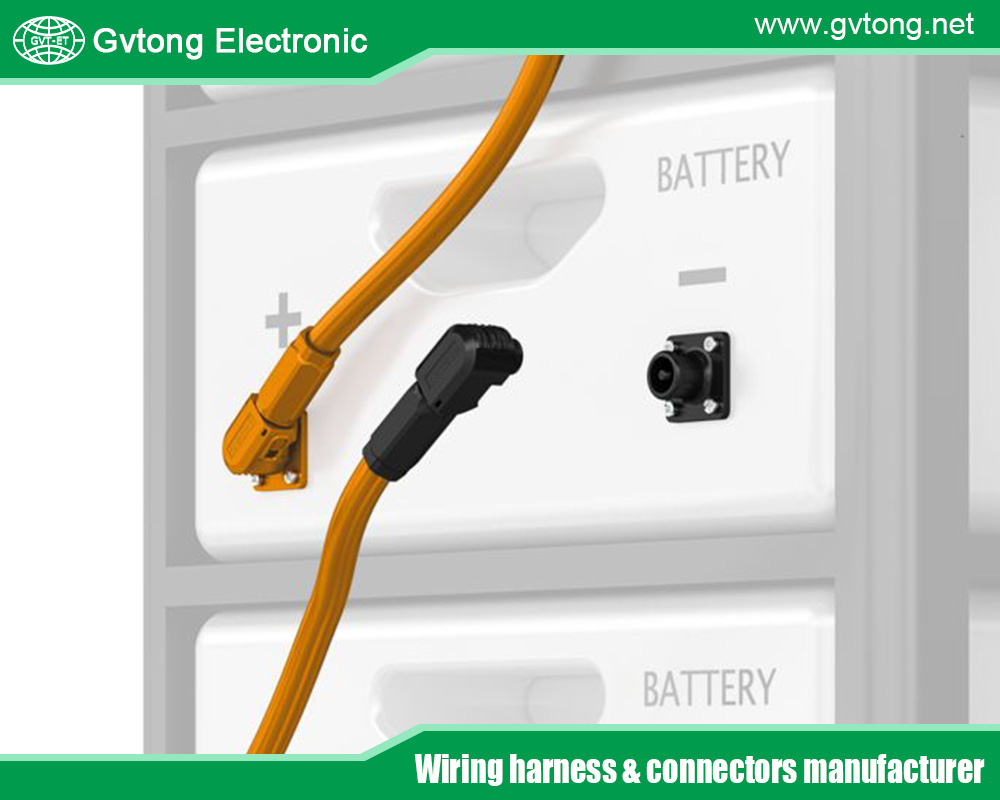
Conclusion
Choosing the best photovoltaic connector for your solar panels is a critical decision that impacts the efficiency, safety, and longevity of your solar power system. By considering factors like compatibility, environmental durability, electrical performance, ease of installation, compliance, and cost, you can select connectors that meet your system’s needs and withstand the test of time. The MC4 connector remains the gold standard for most applications, but always verify compatibility with your specific setup and consult professionals when needed.
Investing time in selecting high-quality PV connectors and ensuring proper installation will pay dividends in the form of a reliable, efficient, and safe solar system. As solar technology continues to advance, staying informed about new standards and innovations will help you make future-proof choices for your renewable energy journey.
For more about how to choose the best photovoltaic connector for solar panels, you can pay a visit to Gvtong at https://www.gvtong.net/ for more info.
Recent Posts
How to Diagnose and Repair Automotive Signal Connector Failures
How to Install and Maintain Low Pressure Automotive Connectors
Heat Shrink vs. Crimp: Choosing the Right 12V Car Wire Connector
Best 12V Automotive Wire Connectors for Reliable Electrical Connections
Tags
Recommended Products
-
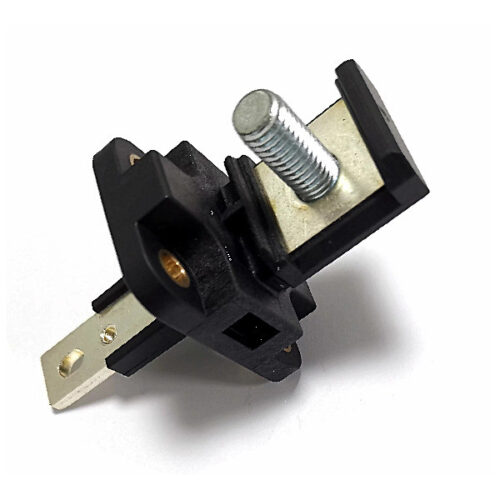
GH Series-DCDC Through-the-Wall Terminal B
-
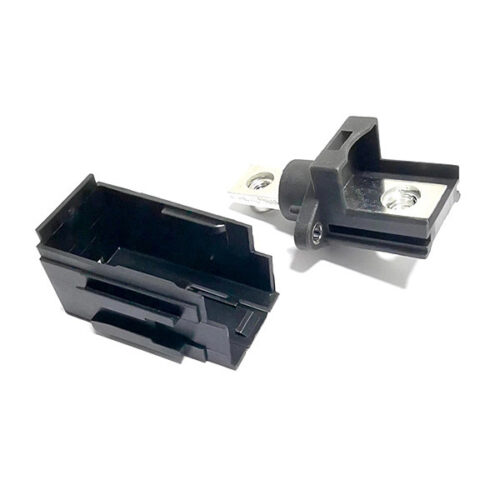
DCDC wall-through terminal – with protective cover
-
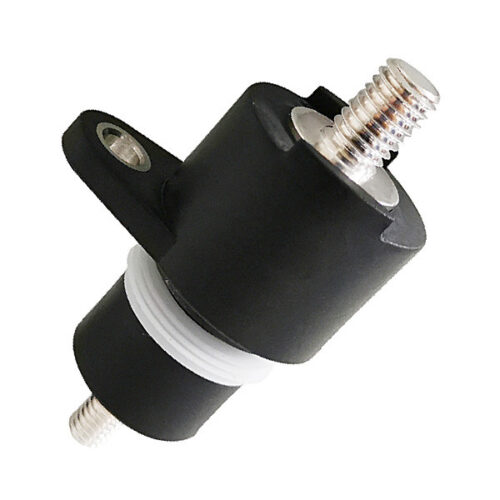
GH Series-DCDC Wall Terminal – Double Thread
-
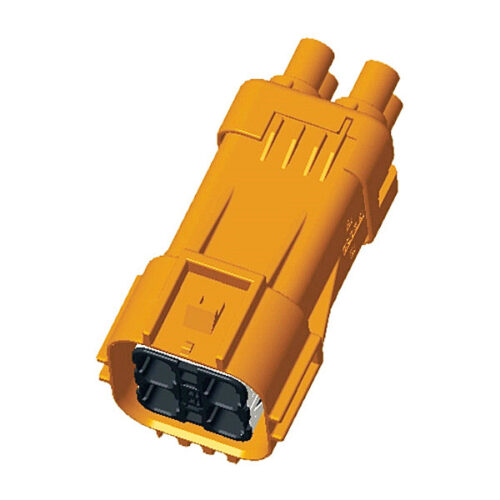
High voltage connector-GH630 series-4P
-
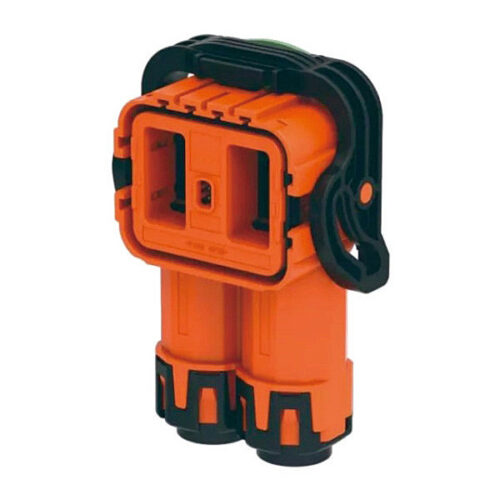
High voltage connector-2000 series-(2 core)
-
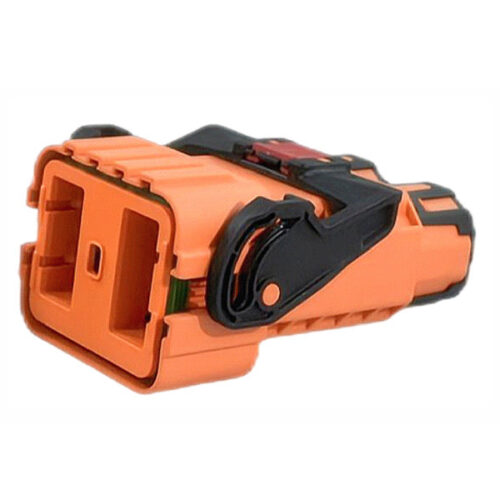
GH Series-HV6-2-core Plastic High Voltage Connector
-
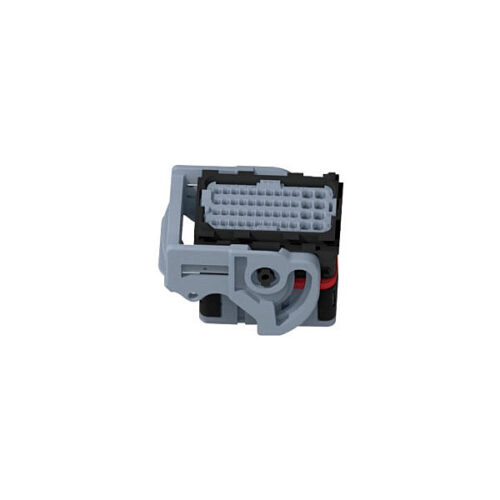
Low voltage connector-48 core socket + plug
-
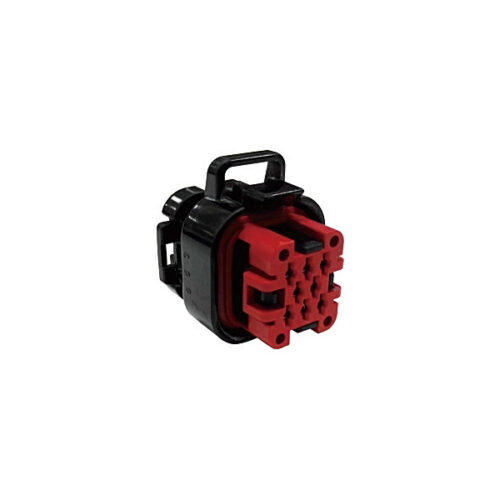
Signal connector – waterproof, three-row, 8-pin
